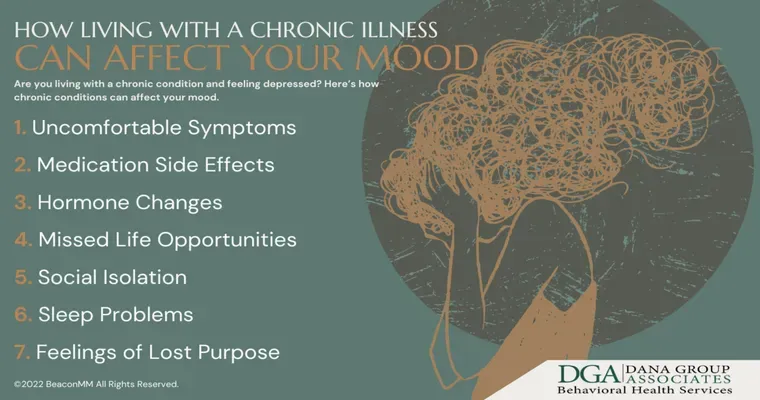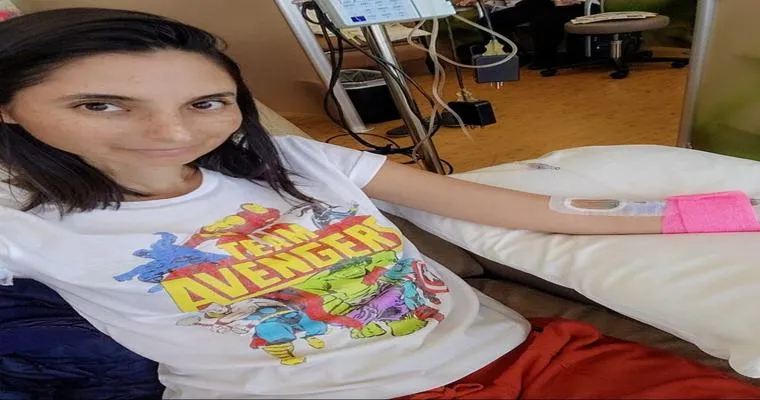Dealing with "stage 4 inflammatory breast cancer" can be a profoundly challenging experience, especially when the disease has progressed to "metastasis" in the "skin". As a caregiver for your mother, who is 75 years old and has been on "in-home hospice care" for 3.5 months, you may be feeling overwhelmed and uncertain about what the future holds. Understanding the potential next steps can help you navigate this difficult journey with compassion and clarity.
Understanding In-Home Hospice Care
In-home hospice care is designed to provide comfort and support to patients with terminal illnesses, like stage 4 inflammatory breast cancer. The focus is primarily on "pain management", emotional support, and quality of life rather than curative treatment. During this time, hospice professionals will work closely with you and your mother to ensure her needs are met, which includes medical care, personal support, and counseling for both the patient and family members.
Monitoring Changes in Condition
As your mother continues her hospice journey, it is essential to monitor any changes in her condition. "Inflammatory breast cancer" is aggressive, and symptoms may evolve rapidly. Look for signs such as increased pain, changes in skin appearance, or new symptoms that may arise. Keeping a detailed log can be beneficial for discussions with her hospice team, ensuring they can adjust her care plan effectively.
Emotional and Psychological Support
The emotional aspects of caring for a loved one with terminal cancer are just as critical as the physical care. Encourage open conversations about feelings, fears, and wishes. It may be helpful to involve a psychologist or counselor who specializes in grief and loss. Additionally, support groups for caregivers can provide a sense of community and shared experiences, helping you navigate the emotional landscape of this journey.
Pain Management and Comfort Care
One of the primary goals of hospice care is to ensure your mother is as comfortable as possible. This may involve adjustments to her medication regimen to address pain and other distressing symptoms. Collaborate with her healthcare team to explore options such as hospice medications, palliative therapies, and alternative comfort measures like massage or aromatherapy.
Planning for the Future
While discussing the future may seem daunting, it is an essential part of the hospice experience. Engaging in conversations about your mother’s wishes regarding end-of-life care, funeral arrangements, and legacy creation can provide peace of mind for both of you. It’s important to ensure that her voice is heard in decisions that affect her care and final days.
Seeking Additional Resources
There are numerous resources available for families navigating hospice care and cancer. Organizations like the American Cancer Society and local cancer support groups can provide valuable information, support, and community connections. Additionally, your hospice team can offer resources tailored to your mother’s specific needs.
Conclusion
Caring for a loved one with "stage 4 inflammatory breast cancer" is an emotional and challenging experience, particularly during hospice care. By focusing on comfort, emotional support, and open communication, you can provide your mother with dignity and love in her remaining days. Remember, you are not alone in this journey, and there are resources available to help you every step of the way.





